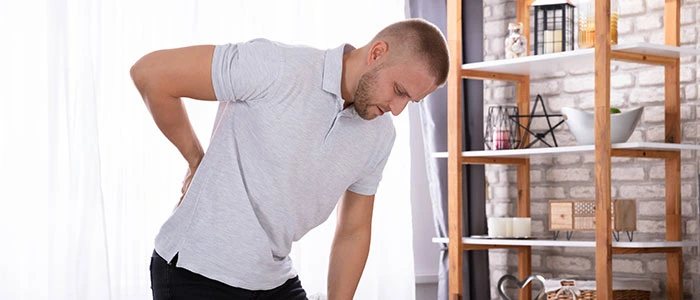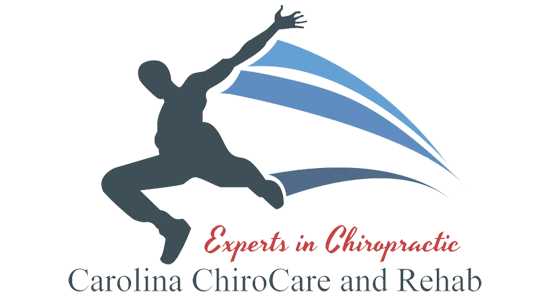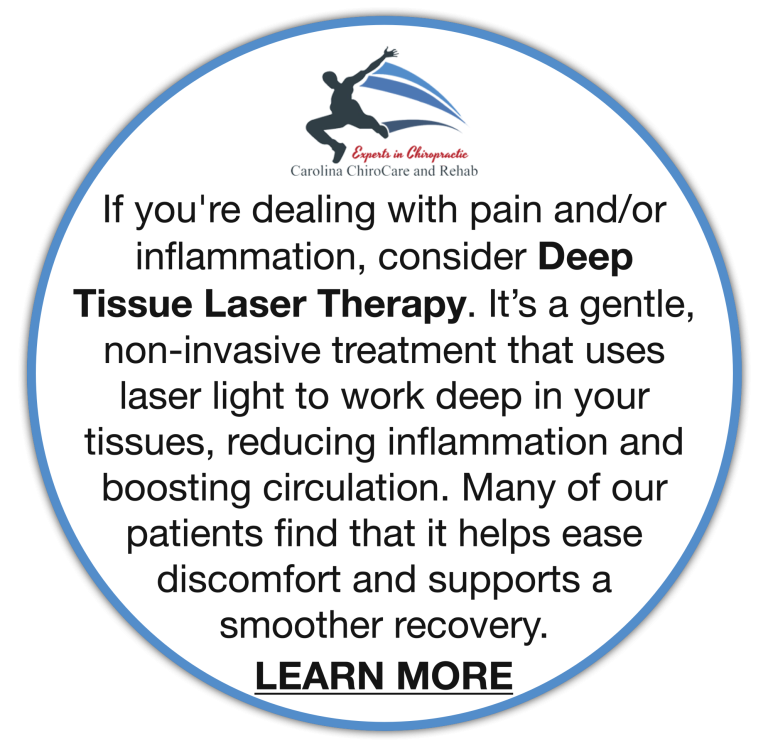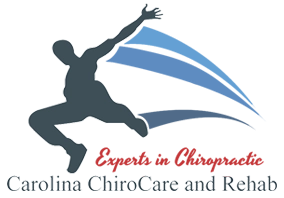Is my back pain related to age?

Like most of the adult population, you have probably experienced low back pain at some point in your life. It's estimated that around 80% of adults have suffered at least one episode of back pain during their lifetime.
But, is back pain related to your age?
The short answer is maybe. Back pain is often age-related. Joints are no different than tires that wear down and lose their structural integrity over time.
Some common reasons to have age-related back pain are:
- Age-related degenerative changes in the discs and joints of the spinal column.
- As we age, the bones and disks in the spine slowly degenerate and lose moisture. This can affect the function of the discs and vertebrae in the spine, causing back pain. Disc degeneration and other forms of spinal degeneration are typically a normal part of the aging process but affect each individual differently.
- Two people with the exact same degenerative conditions in the spine may experience back pain completely differently. One may have minimal pain or no pain at all and the other may experience chronic problems with back pain and stiffness in their back.
- Age-related spinal stenosis
- This is a condition where the ligaments in and around the spine and spinal cord thicken with repetitive wear and tear over time. It may also be caused by bulging or herniated discs and a build-up of arthritis in the spine.
- An example is when the facet joints in between the vertebrae develop excessive calcium formation. This may cause spur-like formations that narrow the spinal cord canal and the canals where the nerve roots from the spinal cord exit, contributing to the spinal stenosis.
- Stenosis causes compression around the exiting nerve roots that feed your arms, hand. legs and feet. In more severe cases, stenosis can compress the spinal cord as well.
- Age-related spondylolisthesis
- This is a condition where spinal vertebrae slip forward on the vertebrae below. This type of age-related pain condition is typically due to a small or sometimes larger microfracture of the spine caused by prior trauma or wear and tear of the vertebrae and discs in the spine over the years.
What can you do to manage age-related back pain?
Tip 1 to manage age-related back pain:
Be more physically active. Generally speaking, the more physically active and healthy you are the less likely you are to experience age-related back pain.
Tip 2 to manage age-related back pain:
Stay at a healthy weight. If you're carrying less weight on your spine it's less wear and tear on the joints over time. Obesity is a big problem when it comes to back pain and if you wish to experience less back pain as you age, keep yourself at a healthy weight for your height.
Tip 3 to manage age-related back pain:
Maintain flexibility in your spine. The same ligaments that thicken over time as we age can be stretched. Exercises like yoga, pilates, or daily routine stretching can, over time, keep your back flexible and decrease your chances of developing stenosis and chronic stiffness.
Tip 4 to manage age-related back pain:
See your chiropractor for maintenance care. Keeping mobility and flexibility in your joints can help you maintain flexibility and mobility in your back as you age. This will decrease the chances that you develop age-related back pain. Most chiropractors will prescribe and show you stretching and proper exercises to perform at home to maintain your spine flexibility and strength as you age.
In summary, back pain is a condition that affects all of us as we age. As we age, our chances of experiencing back pain do increase, but we are able to minimize the risk of experiencing back pain by proper maintenance of our spine through lifestyle changes and modifications.
OFFICE HOURS
Monday
9:00am - 6:00pm
Tuesday
9:00am - 6:00pm
Wednesday
9:00am - 6:00pm
Thursday
9:00am - 6:00pm
Friday
10:00am - 4:00pm
Saturday & Sunday
Closed
Carolina ChiroCare and Rehab




